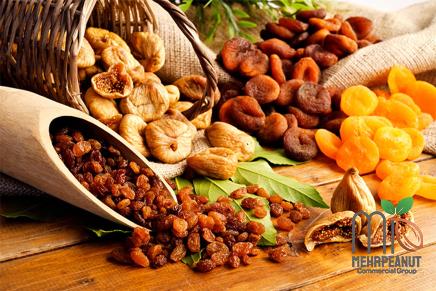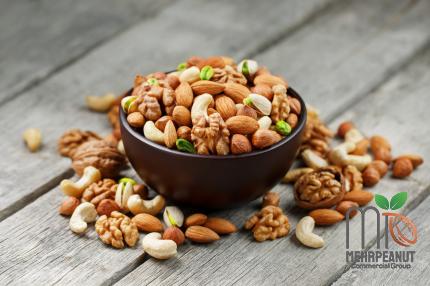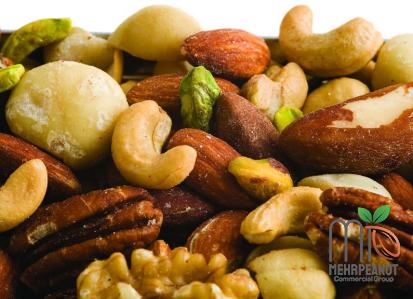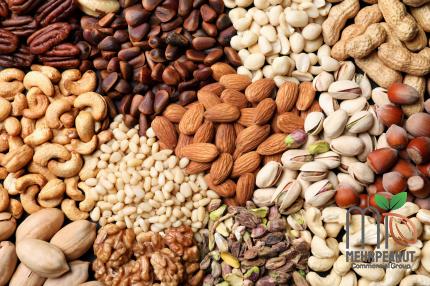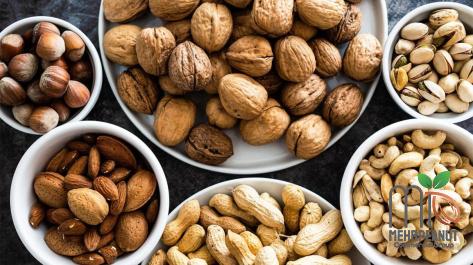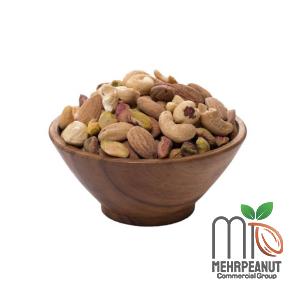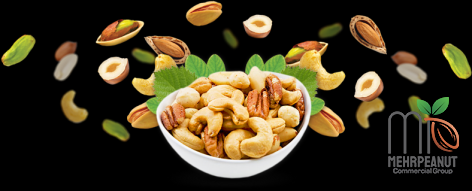peanut oil vs vegetable oil for deep frying
Are you a fan of fried food? Here is essential information that compares different vegetable oils vs peanut oil to see which is better for deep frying
Knowing which oil to use for frying is essential if you want to attempt creating fried food at home
It’s true that not every oil is the same, although some are very similar
Certain oils work best for deep frying, while others are ideal for sautéing and deep frying
Because of its high smoke point and the fact that it tends to generate fewer off-flavors during frying when compared to other vegetable oils like canola oil, peanut and groundnut oil is an incredibly popular choice for filling up the deep fryer
Additionally, it is an excellent method for achieving the desired crisp texture in fried dishes such as French fries, tempura, and other fried delicacies
The high smoke point and neutral taste of peanut oil are its most well-liked characteristics
The temperature at which cooking oil starts to degrade is known as the smoke point
Canola oil and soybean oil both have high smoke points and neutral flavors
Additionally, the flavor character of your food won’t be altered or altered by these oils

Peanut
It’s astonishing how many different kinds of oil are available in supermarkets nowadays, ranging from delicious extra-virgin olive oil to neutral oils like canola and vegetable oil
But there’s more! Additionally, there are specialized oils like grapeseed, coconut, sunflower, and many others
Flavor and smoke point are two crucial considerations when it comes to frying using oil
Since it can cook at greater temperatures without adding too much flavor, neutral oils with high smoke points are preferable for deep frying
Vegetable oil may be used for a variety of things
It works well for all types of frying techniques and dishes, including breaded chicken, fries, and more
It can endure a high temperature before it starts to burn because to its high smoke point (between 400 and 450 °C)
Furthermore, its flavor is rather neutral, allowing the flavor of the meal you are preparing to truly stand out
Peanut oil is comparable to vegetable oil in that it has a high smoke point (about 450) and is useful for a variety of purposes
Deep-frying is very common using blanched peanut oil
Peanut oil might be a terrific alternative if you’re creating a deep-fried meal that asks for vegetable oil and you’re running out
Vegetable oils include corn oil, which has a high smoke point (about 450) like most other vegetable oils
It works well for both shallow and deep frying in a pan
Additionally, because maize oil has a mild flavor, it doesn’t flavor food the same way that olive oil would
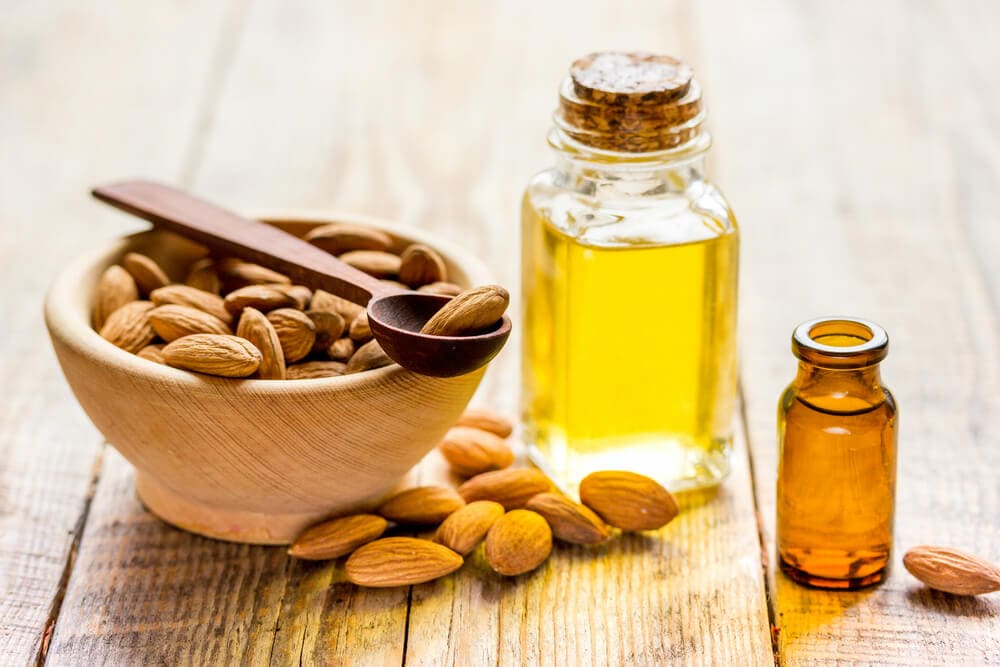
Peanut oil benefits
peanut oil for deep frying
Peanut oil is a great option for quickly crisping up French fries or deep frying turkey because of its high smoke point
Peanuts, which can contain up to fifty percent oil by weight, are the source of peanut oil
They are indigenous to South America, but the plant that produces their oil wasn’t transported to Europe until the 1500s, which is when large-scale extraction of the oil began
After having been put to use in the production of explosives during World War I, red skin peanuts oil quickly rose to prominence as one of the most popular types of cooking oil in the United States
Because it is resistant to oxidation even after prolonged exposure to high temperatures, groundnut oil is a popular choice for use in commercial frying operations
Peanut oil is well-known for having a higher smoke point, which ranges from 448 to 475 degrees Fahrenheit and makes it an excellent choice for high-heat cooking
Because of its lower smoke point, which is 350 degrees Fahrenheit, unrefined peanut oil may be substituted for olive oil in many applications that use medium heat
Find out more about the smoke points of oil right here
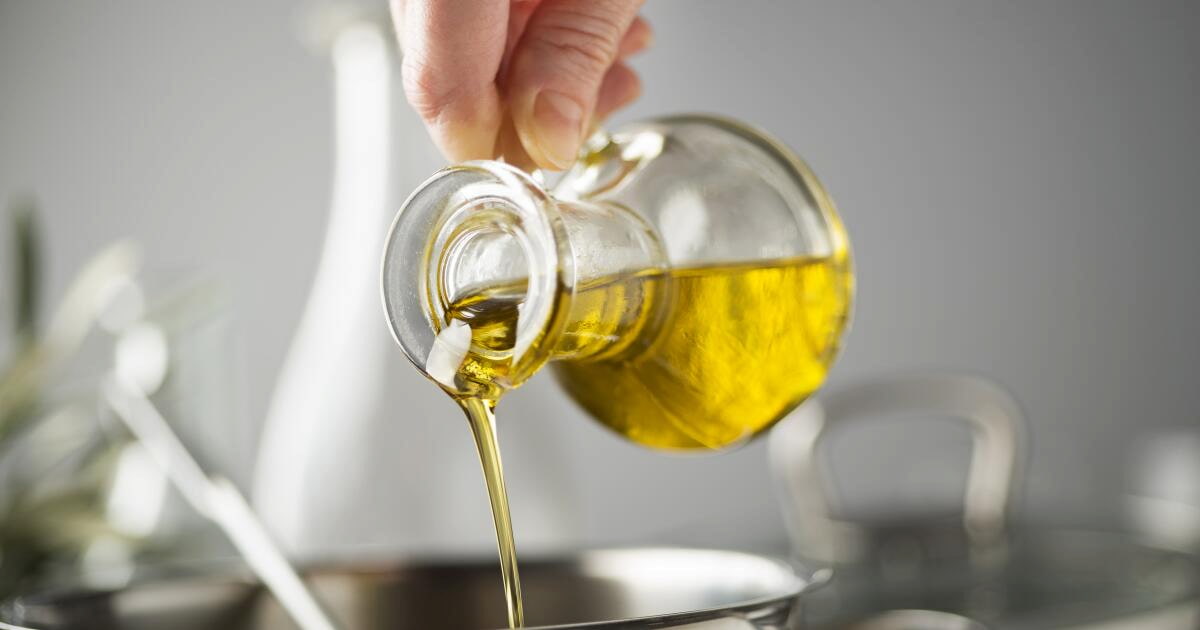
Peanut oil for frying products
The fat content of peanut oil can be broken down as follows: approximately 16 to 20 percent saturated fat, 26 to % monounsaturated fat, and 32 to 39% polyunsaturated fat
This makes peanut oil a pretty good source of unsaturated fats, which, when used in place of saturated fat, are believed to lower the risk of developing cardiovascular disease
On the other hand, unsaturated fats are more likely to oxidize when they are cooked, which might render any possible health advantages null and void
Linoleic acid, which is an omega-6 fatty acid, is found in high concentrations in peanut oil
Linoleic acid has the potential to cause inflammation if it is not balanced by an equal quantity of omega-3 fatty acids
The antioxidant vitamin E, which protects against free radicals, and sterols, which may protect against certain cancers, are found in high concentrations in unrefined peanut oil; however, the health benefits of vitamin E are destroyed when the oil is refined or heated to high temperatures
Sterols may also be destroyed
People who are sensitive to peanuts should avoid using peanut oil, especially the unprocessed variety, since it may trigger an allergic response
Refined peanut oil is the type of peanut oil that is utilized for deep-frying because of its high smoke point, flavorlessness, and high smoke point
Because of its distinctive nutty flavor, unrefined peanut oil is frequently used as a finishing ingredient or as a component in a mix with other, less expensive oils
Toasted peanut oil, which has not been refined, is used as a finishing oil, in a manner analogous to that of toasted sesame oil
For stir-frying, a nice option to go with is semi-refined peanut oil, which can be bought in Asian shops
This type of peanut oil keeps some of the peanut taste while increasing the smoke point of the oil
Green peanut oil that has been cold-pressed is well-liked in China
This unrefined oil has a robust flavor that is reminiscent of nuts and is created from raw green peanuts
It has just lately gained popularity as a finishing oil in the American South

Groundnut vs peanut oil
peanut oil vs vegetable oil
What is the difference between peanut oil vs other types of vegetable oil? Both peanut oil and vegetable oil refer to cooking oils made from plants, however, while both derive from plants, only one type of plant is used in the production of peanut oil
While it’s possible for peanut oil to resemble vegetable oil in certain respects, that isn’t always the case
There are certain crucial elements to think about while choosing between the two
Here are how these two oils contrast with one another: Vegetable oil comes from a different source than peanut oil
It is vegetable oil since peanut oil is derived from the peanut bean
The cooking oil is marketed as vegetable oil even though it really consists of several different oils rather than just one
A number of plant-based oils, such as canola, corn, and soybean oils, as well as peanut oil may be included in vegetable oil
Vegetable oil has a higher nutritional value than peanut oil
Depending on which oils are used in the mix, vegetable oil has a different nutritional profile
The nutritional value of vegetable oil can vary greatly from mix to blend since so many oils can be utilized
However, a lot of canola oil or soybean oil will be included in the majority of vegetable oil mixes
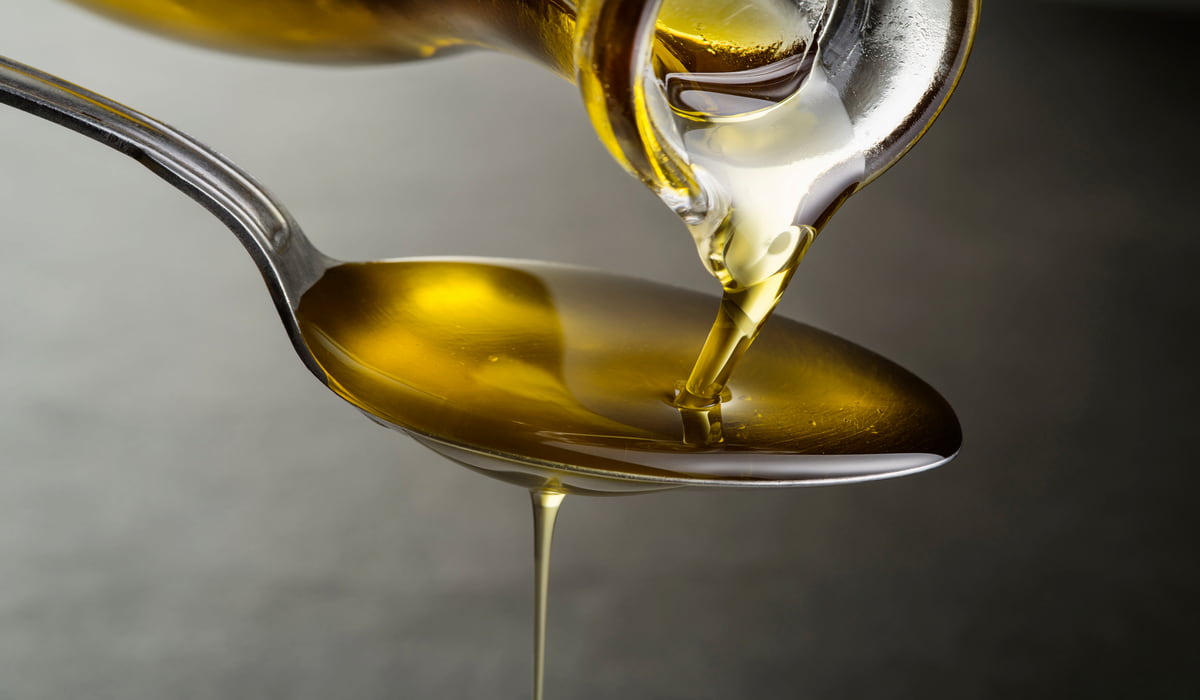
Compared to peanut oil, canola and soybean oils both have higher levels of omega-3 fatty acids, making them better choices for avoiding heart disease, cancer, and other major ailments
In comparison to peanut oil, both oils usually have lower levels of saturated fat
Heart disease and blocked arteries are linked to saturated fat
Both canola and soybean oil and peanut oil are sources of vitamins E and K, however, the latter two contain significantly more vitamin K per serving
Vegetable oil and peanut oil are excellent alternatives for one another and may be used interchangeably in most recipes
The price of peanut oil is the one important element that can prevent it from becoming a perfect substitute for vegetable oil
When used for deep-frying, peanut oil can significantly increase the price of a meal because that method uses a lot of oil
Peanut or almond oil and vegetable oil are ideal for high-heat cooking methods like stir-frying and deep-frying since they can both withstand high temperatures
If you want to deep-fry a lot of food, peanut oil is the best choice because it is known for not absorbing the tastes of the food it is used to prepare
Some chefs utilize it several times before discarding it as a result of this characteristic
Since vegetable oil normally costs less than peanut oil, it can be more practical for smaller amounts and more cost-effective
